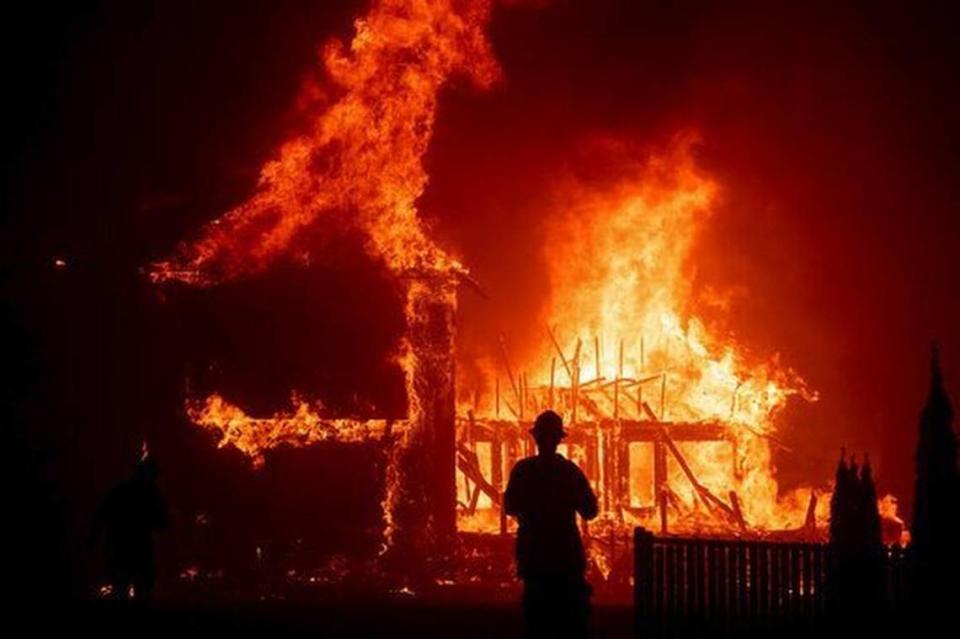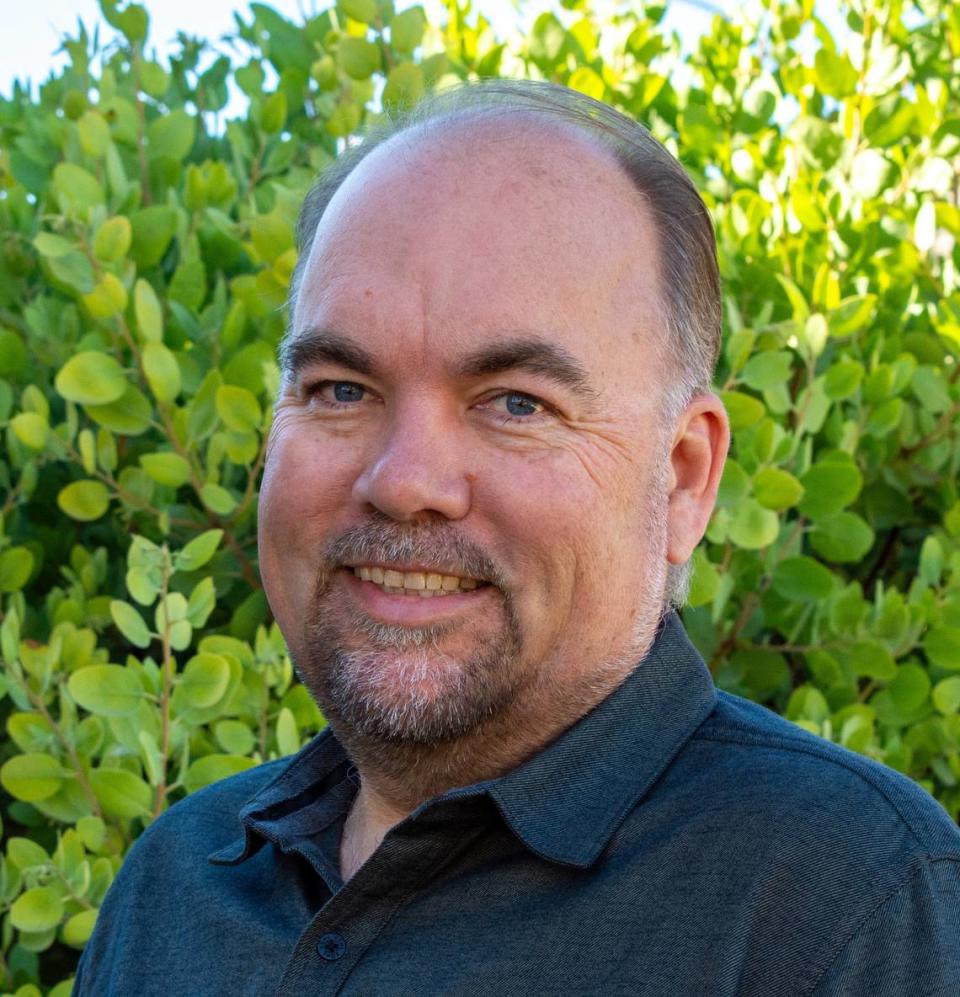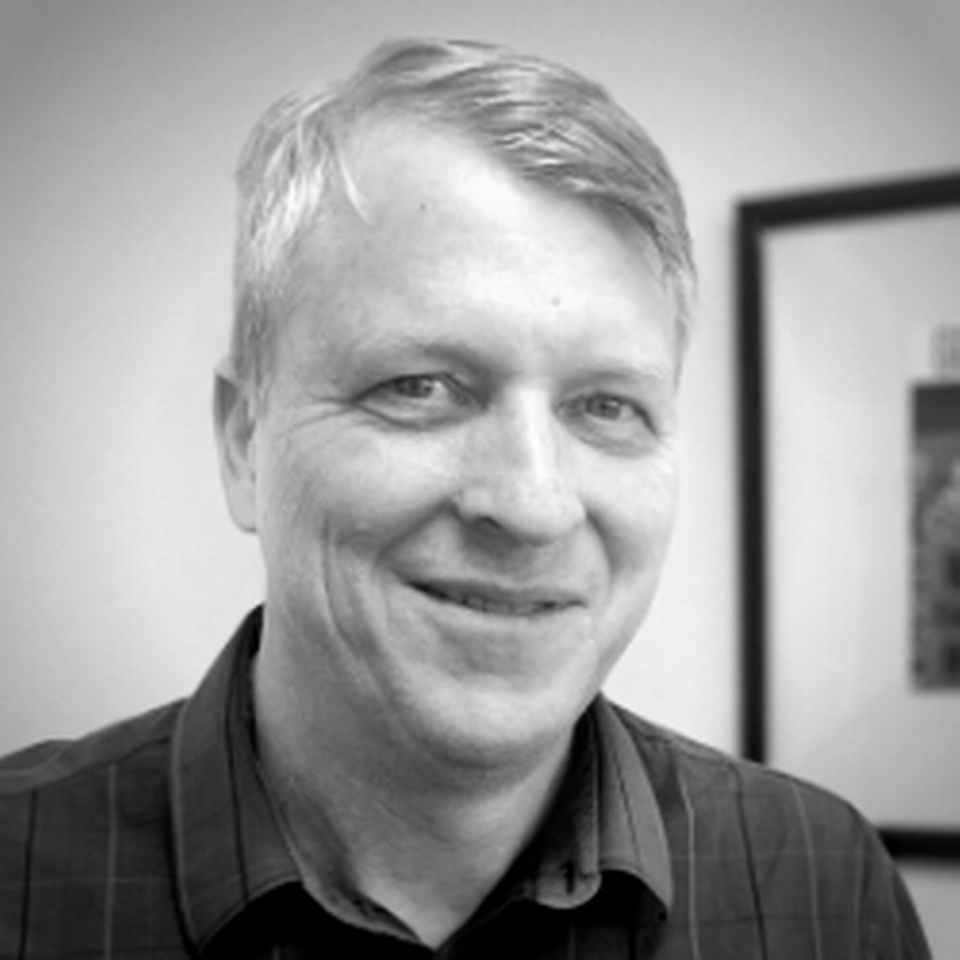Fight fire with fire: The best way to avoid another Paradise is prescribed burns | Opinion
Five years ago, the historic Camp Fire ripped through Butte County and destroyed the city of Paradise, much of the town of Magalia and many nearby homes. When the blaze ignited, we didn’t realize that it would ultimately become the deadliest and most destructive fire on record in California.
Today, we know to expect more record-breaking and catastrophic wildfires blazes like the Camp Fire unless we seriously reconsider our state’s approach to living with and managing fire.
As climate change intensifies, we have seen bigger, more destructive wildfires that claim more lives and pollute our air for longer amounts of time. Looking at the top 10 biggest wildfires in state history, all but two of them have happened in the last decade. California workers bear the brunt of this, including firefighters, agricultural workers and anyone else who works or lives outside.
Opinion
Exposure to wildfire smoke is a documented risk factor for developing medical problems, and outdoor workers are particularly susceptible. Prescribed fires generally lessen the severity of air quality impacts as compared to uncontrolled wildfires. It’s vital that we proactively limit how much workers and other impacted people are exposed to toxic pollution.
While fire is an inevitable and healthy part of our natural landscape in California, our fire management is often anything but healthy or natural. The status quo has been heavy fire suppression at all costs. This approach is a missed opportunity to live with fire responsibly and use it to drive a more resilient future for all Californians.
We each approach this issue from different angles. One of us is a former firefighter who saw overcrowded forests in the Tahoe basin years ago and decided to advocate for healthy forests in a career with Pacific Forest Trust. The other one of us is a lifelong Californian who witnessed the devastating impact that wildfires have on air quality and now advocates for worker health and safety with Worksafe.
Both of us understand that California has a choice: Do we want to have some control over fire, or should we let fire chaos control us? One way to reclaim our power is beneficial fire, an approach that involves prescribing fire intentionally to thin out dangerously overcrowded forests in a controlled manner and reduce the possibility of out-of-control burns down the road. This work can be done under the care of professional “burn bosses,” or it can be conducted by Native American tribal experts through cultural burns in accordance with time-tested, land-management solutions.
It is the conclusion of the overwhelming majority of stakeholders who have studied the issue that expanded use of this “beneficial fire” represents our best chance at shaping our future when it comes to California fires, especially when conditions are poised to create good fire outcomes.
Our state budget is a reflection of this choice. Over the past four years, California has earmarked $2.7 billion in what’s known as its “wildfire package,” a suite of programs meant to proactively address wildfire and forest health and resilience, meaning this does not include funds used to support fire fighting itself. As those commitments head toward a June 2024 sunset, Gov. Gavin Newsom is preparing to propose what the next round of funding should look like.
Given what we know lies ahead, we are asking the governor to allocate $1 billion per year for at least two years for proactive wildfire and forest resilience efforts and properly equip the state with resources to protect workers and public health. Funds would not only support beneficial fire, but also safeguard air quality by investing in community clean air centers and programs to support home weatherization and air filtration.
A sufficiently funded wildfire package that embraces beneficial, natural fire will lead to a more resilient future with safer workers and local communities as well as fewer extreme, runaway fires.
Paul Mason is vice president of policy and incentives with Pacific Forest Trust and lives in Sacramento. Stephen Knight is the executive director of Oakland-based Worksafe.




